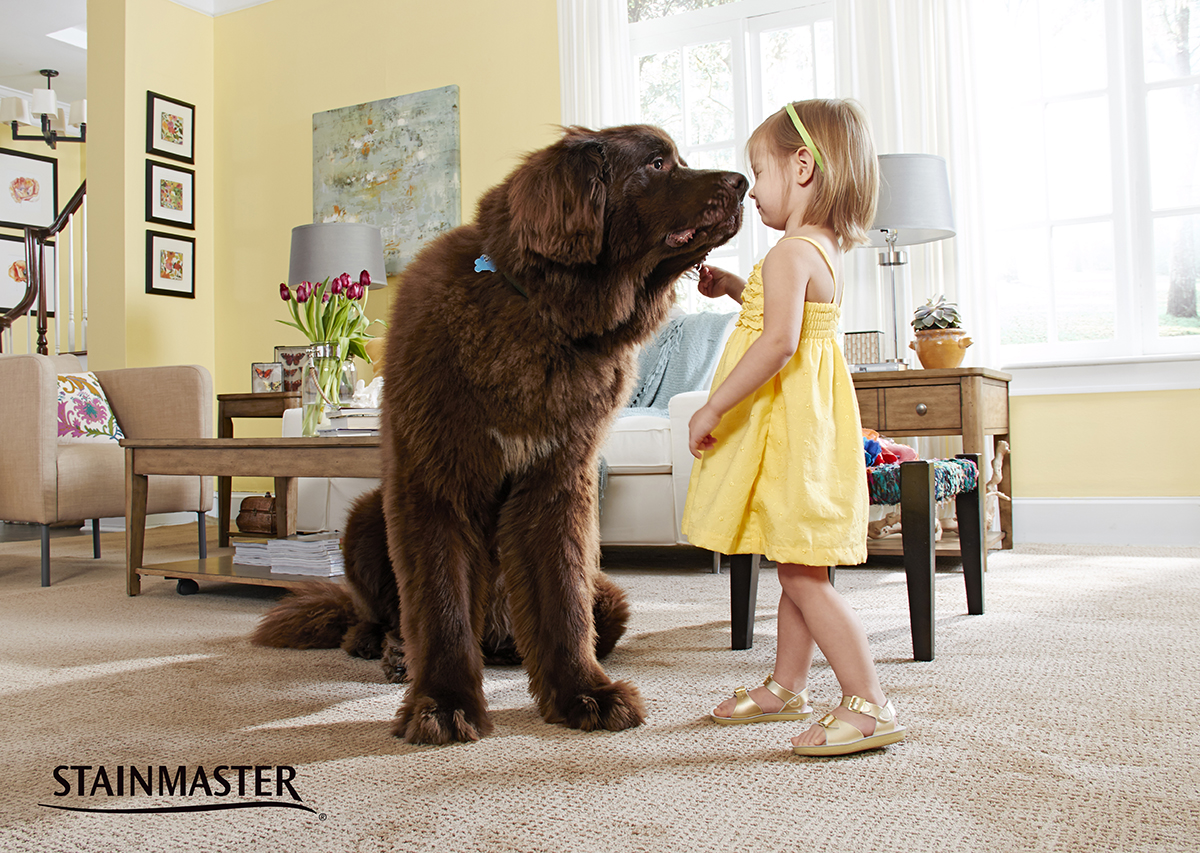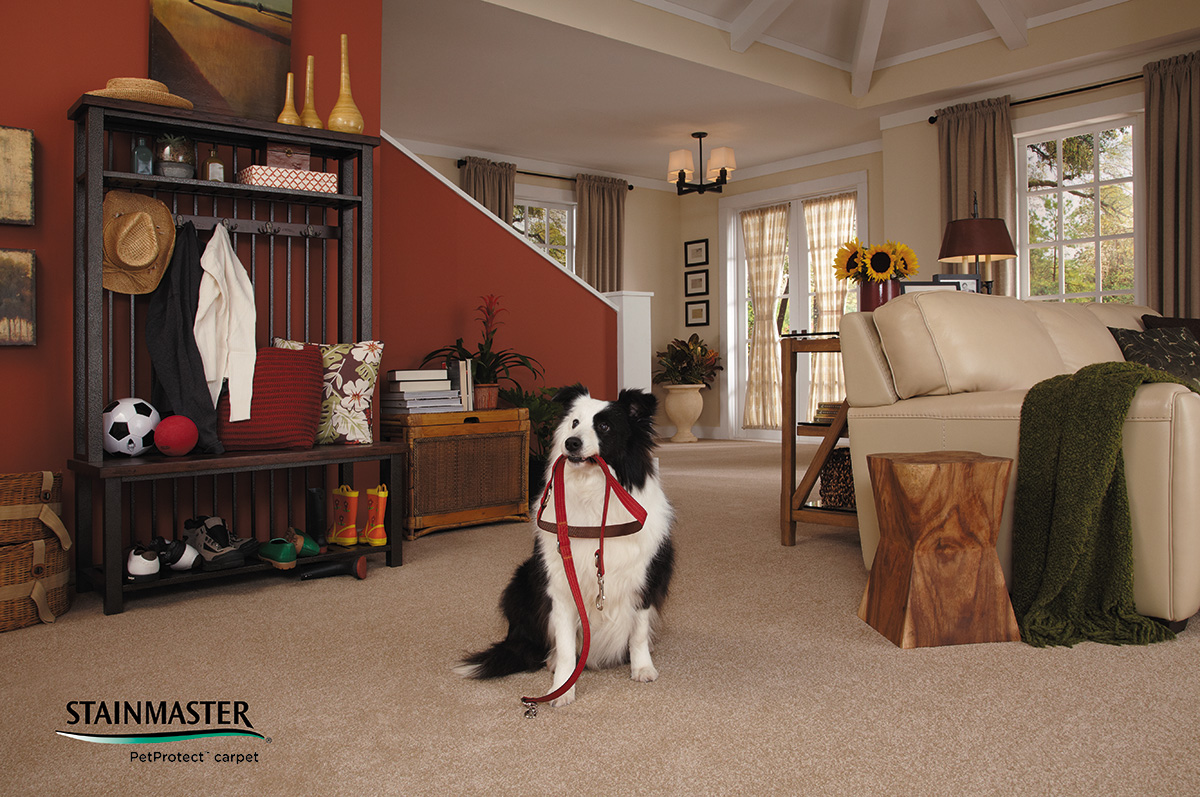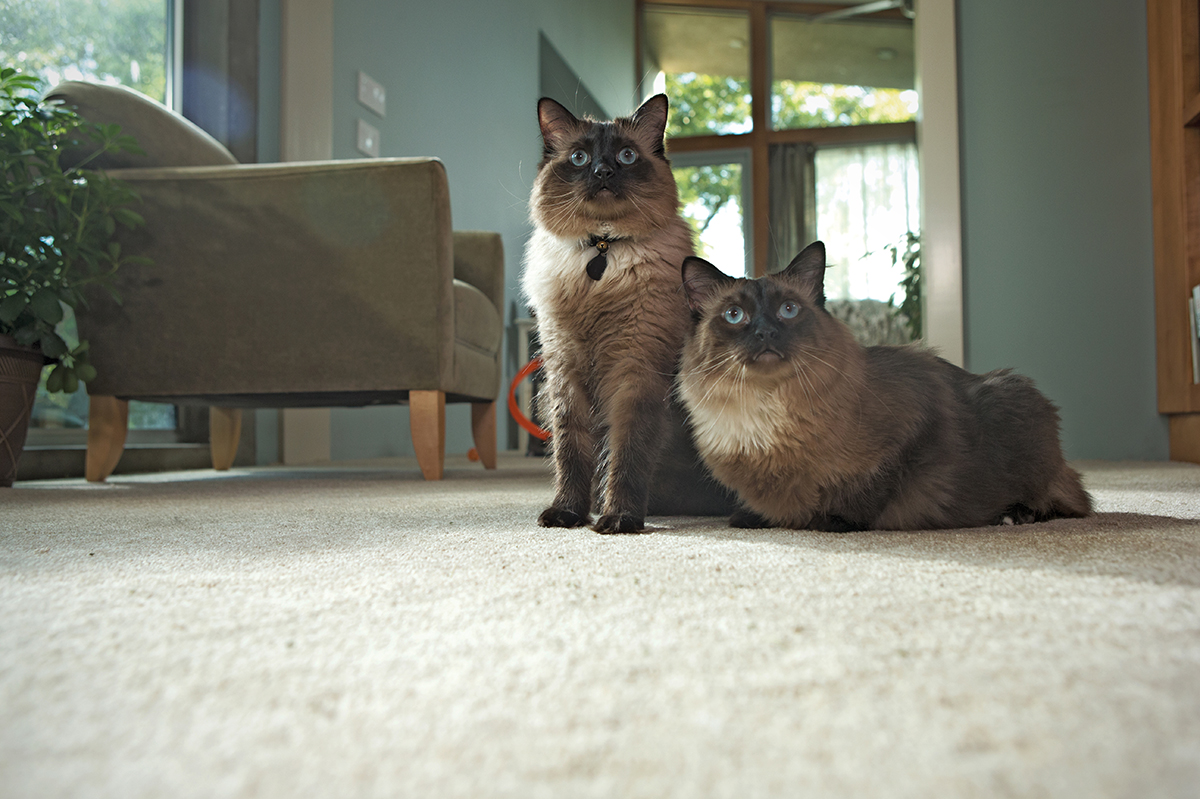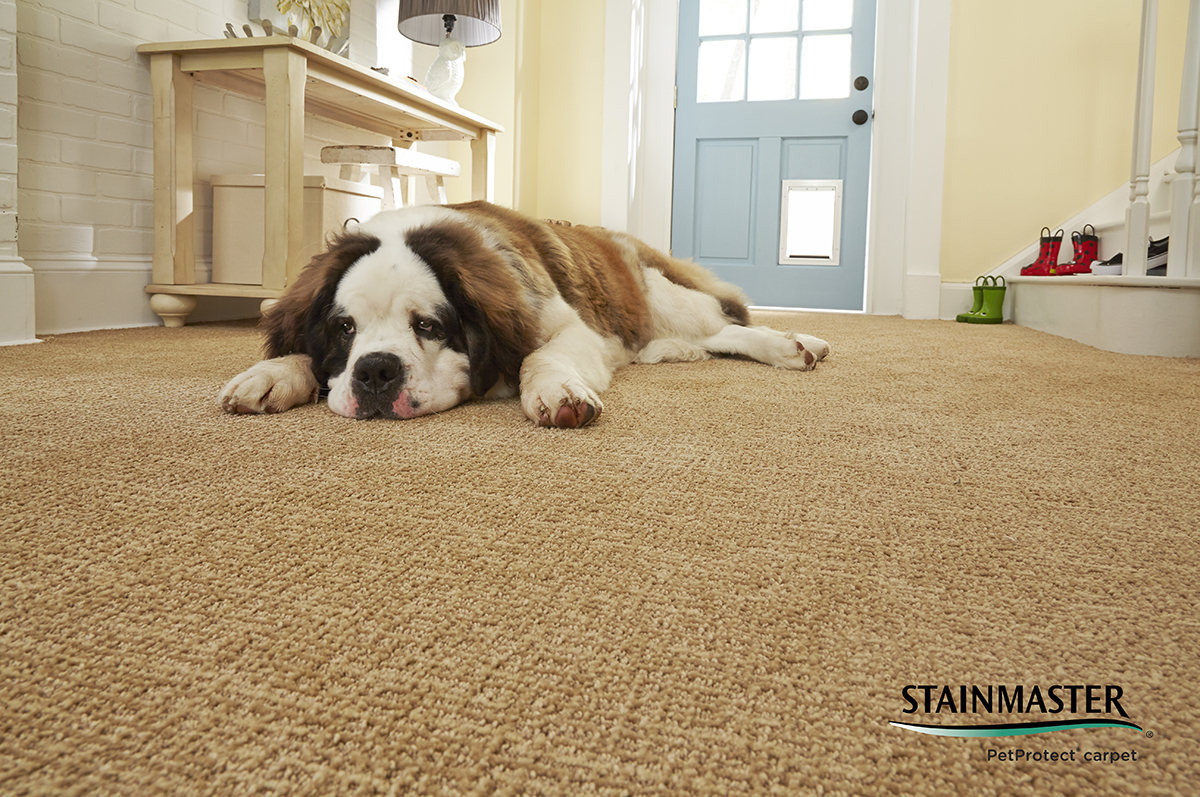With all the fires and storms plaguing our country at the moment, it makes you think about what you’d do if you were in a similar situation. Are you prepared for a natural disaster? And, just as importantly, are your pets? The American Red Cross has three tips for keeping your pets safe during a disaster.
1. If it’s not safe for you to stay in your home during an emergency, it’s not safe for them either!
This should go without saying, but sadly, that’s not always the case. So here it is. If you are evacuated from your home, take your pets with you. You cannot expect them to fend for themselves in a disaster zone. In an emergency, your pets will rely on your more than ever for their safety and well-being. Your family’s disaster plans must include your furry family members, too.

2. Include supplies for your pet in your emergency kit, or assemble an emergency kit for your pet.
It’s a good idea to have some kind of kit that you can grab in a hurry if ever you need to get out of your home quickly. It is equally important, that if that happens, you have supplies for your pet as well. Sturdy leashes, harnesses or carriers will help transport pets safely and ensure they won’t escape in the middle of an already stressful time. Food for at least a couple of days, fresh drinking water, and bowls are also a must. Don’t forget cat litter and a pan, and a can opener if you packed canned food.
A first aid kit is crucial (for people and animals!) and should include any medications and copies of medical records stored in a waterproof container. It is also wise to keep current photos of yourself with your pets in case they get lost. And, in case you end up having to foster or board your pets, information on feeding schedules, medical conditions, behavioral problems, and your vet’s contact information should be included in your pet’s Emergency Kit.

3. Make an evacuation plan for you and your pets. Many hotels and shelters do not accept animal guests, other than service animals.
The best way to make it through a disaster is to have a plan for your family and your pets. Being prepared for the worst will help you to make the best of it, should that day ever come.
Start by knowing where
you would go, and which hotels along your evacuation route will accept pets in an emergency. If you know you may be facing an evacuation in the near future, call ahead and make a reservation. Some hotels may waive No Pet Policies in the event of an emergency.
Find out where your nearest shelters are and if they accept pets. Most American Red Cross shelters cannot accept pets because of health and safety concerns, but service animals that assist people with disabilities are permitted.
Make a list of people – friends, relatives, animal shelters or veterinarians – that could care for your animals in an emergency, and include phone numbers. Make sure that your pet’s vaccinations are current and that all dogs and cats are wearing collars with up-to-date identification. Many animal shelters require proof of vaccinations to reduce the risk of spreading illness. Microchipping your pets is a very good idea.
Although your animals may be more comfortable together, be prepared to house them separately if need be. And if you’re running drills for evacuation, include your pets. This will help them to get used to traveling calmly.

Once it’s all been said and done and you are able to return to your home, you should remember that if you are a bit shaken, your pet must be too. Your pet’s behavior might change after a traumatic event causing them to become aggressive or defensive. Consult your veterinarian if any behavior problems persist.
Keep a close eye on them in the aftermath of a disaster, especially if fences or gates have been damaged. A storm or fire could affect scent markers that would normally help your pet find its way home, so keeping them from escaping is more important than ever.
And be aware of any hazards left behind. Anything at nose or paw level that could harm your pet should be cleared up as soon as possible. This includes any debris, spilled chemicals, fertilizers and other substances that may not be harmful to humans but might not be good for our pets.













 Prelude Version 2.1
Prelude Version 2.1